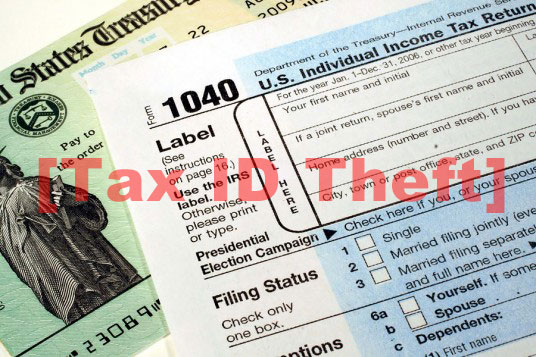Americans are ignoring simple precautions and best practices this tax season that could easily lead to stolen identities and hacked personal information, according to a new national survey by IDT911, a data security and identity theft protection firm.
To make matters worse in the face of these startling shortcomings, a majority of those in the U.S. (63 percent) are taking an “it could never happen to me” approach, saying they are not worried about their identities being stolen during tax season.
- More than half of respondents (52 percent) said they do not trust, or are not sure if they trust, online tax services. This is likely due to the recent data breaches of multiple providers.
- Millennials (aged 18 – 34) were overwhelmingly unsure of how to vet the credibility of a tax preparer (92 percent)
- Despite the uptick in tax-related identity theft incidents, most Americans (48 percent) believe the holiday shopping season is the most risky time of year. Tax filing season came in second at 30 percent.
In what will surely be music to the ears of identity thieves and cyber criminals, nearly one out of five respondents (19 percent) have not ensured that their Wi-Fi network is password protected if filing online from home, easily opening themselves up to hackers. The risky behavior goes well beyond the digital world, as nearly half (49 percent) of all Americans don’t lock their mailbox when receiving their refund through the mail, leaving a treasure trove of sensitive personal information out in the open for anyone to swipe.
Adding on to the potential tax time turbulence, more than a third (38 percent) of Americans say they are unsure of how to vet a tax preparer’s credibility. Meanwhile, only 12 percent planned on filing in January despite the fact that experts commonly advise consumers to file as early as possible in order to beat potential identity thieves to the punch.
Americans’ lax approach to protecting personal information, combined with the increasingly sophisticated tactics carried out by identity thieves, has resulted in a sharp increase in related incidents in recent years. IDT911’s fraud center saw a 154 percent increase in tax-related cases from 2014 to 2015, with 2016 showing no signs of this type of fraud slowing down. Tax refund fraud losses are estimated to reach $21 billion by 2016, according to the Treasury Inspector General for Tax Administration, and the FTC recently announced that it received a 47 percent increase in identity theft complaints in 2015, with tax refund fraud being by far the biggest contributor. These numbers will surely continue to rise if the proper precautions are not put in place.
Despite the increased likelihood of identity theft during tax season, it appears that many Americans may not know where to go when they are eventually impacted. More than a third (38 percent) are not sure if their financial services or insurance providers offer identity theft or fraud protection services. The majority of respondents (57 percent) said their financial institution would be the first entity they’d contact once they learned they were the victim of a data breach. This clearly indicates there will continue to be an increased consumer demand for these resources, but there is also a growing need to educate customers about proactive and reactive ways they should be handling the prospect of tax-related identity theft.
“Tax season has become fraud season. As breaches have become the third certainty in life, cybercriminals are able to glean information from literally hundreds of millions of compromised records in order to target consumers in tax related identity theft and phishing schemes. In today’s dangerous digital world, each of us must be vigilant and remain on high alert,” said Adam Levin, Chairman and Founder of IDT911 and author of Swiped.” “Consumers need to combat fraud by following the 3Ms: minimize their risk of exposure, monitor their bank and credit card accounts on a daily basis and know how — or where — to find professionals who can help them effectively manage the damage, by using resolution resources provided by financial services institutions, insurance providers, and the HR departments of their employers.”
Thanks for reading CPA Practice Advisor!
Subscribe Already registered? Log In
Need more information? Read the FAQs
Tags: Income Taxes, Taxes




